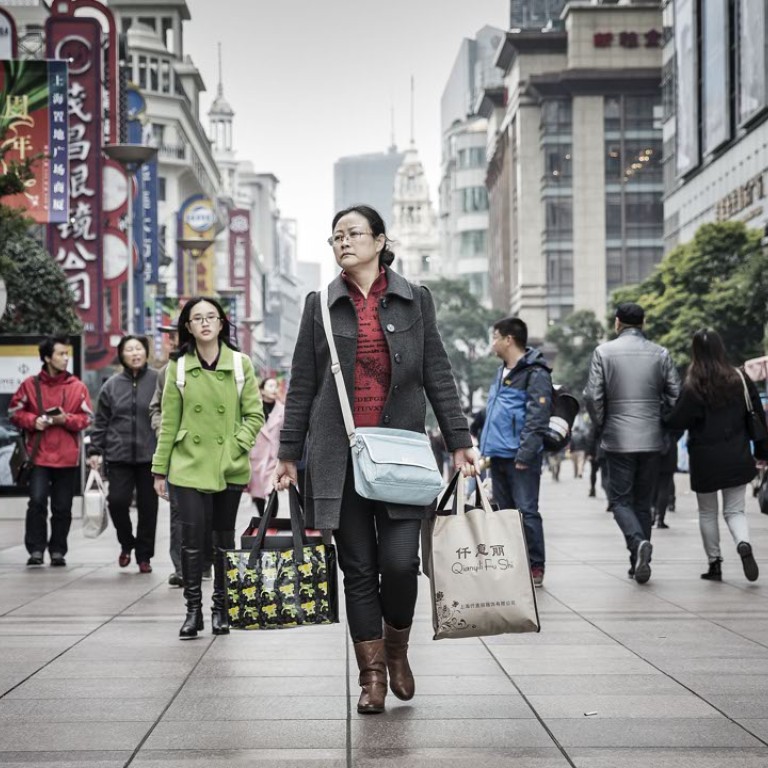
China must honour its pledge to let the market lead
Koichi Hamada says having come so far in raising growth and income levels, the Chinese government’s dictatorial decrees, market interventions and ineffective regulation all stand in the way of long-term solutions
In September, I visited China for the first time in nearly 10 years. With so much time having passed since my last visit, it was easy to see where China has prospered – and where it continues to struggle.
China’s major cities embody the extraordinary success of the development policies that Deng Xiaoping (鄧小平) initiated in the 1980s. They are home to most of the hundreds of millions of Chinese who have been lifted out of extreme poverty in just a few decades. Beijing and Shanghai are almost overwhelming in their scale and energy, lined with shimmering skyscrapers, adorned with neon lights and teeming with increasingly cosmopolitan citizens.
Beijing and Shanghai are almost overwhelming in their scale and energy, lined with shimmering skyscrapers, and teeming with increasingly cosmopolitan citizens
But the impression I had of a modern economy was soon tarnished by an improperly working phone in a first-class Beijing hotel. An American friend suspected that it was tapped, probably because of my role as an adviser to the Japanese government.
Such claims are, of course, difficult to confirm, to say the least. What is not open to dispute is that a week after my trip ended, the number of the credit card that I had used for shopping in Beijing was used to make purchases at a Chinese supermarket in New York City. While identity theft is by no means exclusively a Chinese problem, such experiences create the impression that technological modernisation in China may be outpacing regulation and data security infrastructure.
READ MORE: For China’s struggling economy, 2016 may be worse than 2015

Of course, air pollution was already a problem for China a decade ago. But, before the commemorations, the government had prohibited many cars from driving (based on their licence plate numbers), stopped selected factories from operating, and forced some firms to move out of the city temporarily. This approach – which could be pursued only within a centrally planned economy like China’s – provided temporary relief. But, ultimately, it did little good; in fact, by obscuring the problem, it might have delayed effective action.
READ MORE: Heavy smog to cloak northern China until cold front moves in
This was hardly the first or only time that China has used central planning to implement short-term solutions that fail to bring about – or, in some cases, even impede – long-term progress. For example, this summer’s stock market crash was widely viewed as a natural correction, because equity prices – driven largely by government interventions – had risen over the previous year far above what economic fundamentals merited. Nonetheless, when prices collapsed, the government moved fast, suspending trading of a substantial number of stocks and pursuing price-keeping operations that resembled those pursued by Japan in the 1990s.

READ MORE: Painful lessons China must learn from the stock market slump
In this manner, China’s government managed to stop a rout, seemingly reinforcing the Marxist view that economic crises do not occur in controlled economies. Indeed, China’s leaders seem convinced that price-keeping operations amount to an effective mechanism for manipulating stock prices in whatever way they see fit. As an adviser to the Chinese government said on my recent trip, “Movements in the stock price index are totally unrelated to the real state of the economy”.
What Chinese policymakers don’t seem to recognise is that such interventions carry serious long-term costs. Few want to invest in a market where the government can change the rules at any moment
What Chinese policymakers don’t seem to recognise is that such interventions carry serious long-term costs. Few want to invest in a market where the government can change the rules at any moment.
China’s recent intervention in the currency market also sent mixed signals. For years, the authorities tended to support the renminbi, as they pursued renminbi internationalisation – an effort that culminated in the International Monetary Fund’s recent decision to add the renminbi to the basket of currencies that compose its reserve asset, the so-called special drawing rights.
Not long after the stock market crash, however, the authorities allowed the currency to depreciate. China should continue along this path, pursuing the kind of monetary policy approach – aimed at securing the right combination of prices and employment – that prevails in free-market economies. Continued currency depreciation would provide a much-needed boost to the slowing economy, just as depreciation of the yen through Abenomics has helped to lift Japan out of a protracted recession.
As 2015 closes, China’s leaders find themselves at a crossroads. They must decide whether to continue trying to control the economy or to follow through on their promise to build a genuinely market-oriented system. For China’s sake, and that of its neighbours, one hopes they stick to the free-market plan.
Koichi Hamada, special economic adviser to Japanese Prime Minister Shinzo Abe, is professor emeritus of economics at Yale University and at the University of Tokyo. Copyright: Project Syndicate
